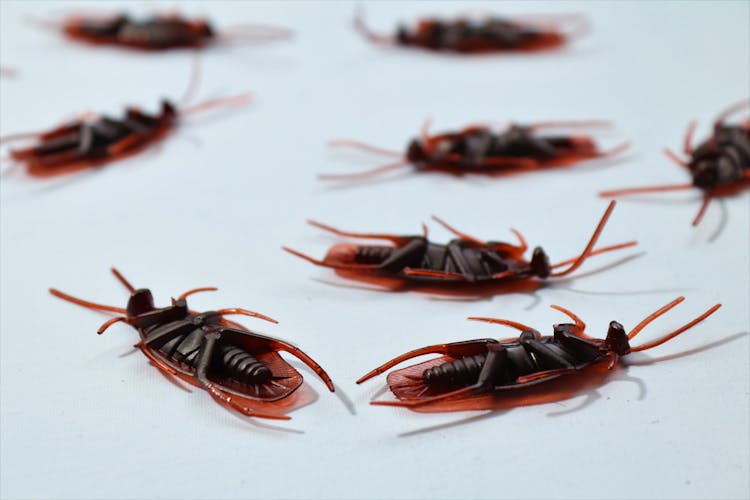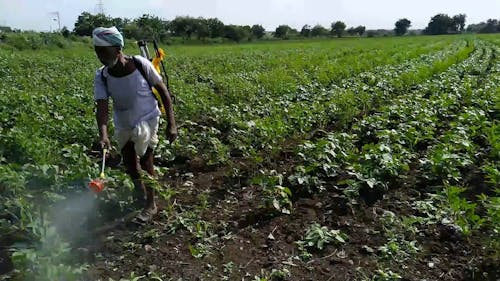All Categories
Featured
Table of Contents

Pesticides, created to control unwanted organisms in agriculture, often inadvertently affect non-target wildlife. The consequences for biodiversity and ecosystem health can be profound and far-reaching.
Research into the effects of pesticides on wildlife has consistently shown adverse effects. A range of species from bees to amphibians to birds have all been affected, with issues ranging from habitat disruption to physiological impairments.
One of the most concerning phenomena linked to pesticide exposure is the decline in bee populations. Bees, vital to pollination and biodiversity, have been showing up in fewer numbers, with their ability to return to their hives compromised. This decline not only threatens agricultural output but also the natural processes that maintain biodiversity.

Dangers Posed by Pesticides to Wildlife
The toxic effects of pesticides can be direct or indirect, resulting in acute fatalities or chronic health conditions. For example, insecticides meant to target pests like locusts and mosquitoes can also cause collateral damage to beneficial insects, disrupting ecological balance.

Aquatic systems are particularly vulnerable. Runoff from agricultural fields often carries pesticides into aquatic ecosystems, impacting everything from fish populations to aquatic plants. Learn About Pesticide Impacts on Stream Fauna - $46.30
Amphibians, whose permeable skin makes them particularly vulnerable to pollutants, experience severe effects from these chemicals. Studies suggest that exposure to even low levels of pesticides in water can lead to anomalies, reproductive issues, and immune deficiencies in these species.
Economic Impacts of Pesticides on Wildlife
The economic implications of pesticide use are not limited to the direct costs of their application. Pesticide Impact on Wildlife Populations Loss of crucial pollinators like bees can cause significant declines in crop production, increasing food prices and affecting food security.
Furthermore, wildlife tourism, which is a major income source in various parts of the world, can be harmed economically by declines in wildlife populations caused by pesticide use. Areas renowned for their natural beauty and diverse species may see a decrease in tourist numbers if the local wildlife is decimated.

Adopting Organic Practices to Safeguard Biodiversity
Switching to organic farming practices represents a practical solution to the adverse impacts of conventional pesticides. Organic systems, which rely on natural substances instead of artificial inputs, help to sustain natural ecosystems and encourage healthier wildlife populations.
Moreover, organic farming improves the quality of soil and its capacity to retain water, which not only supports diverse below-ground biota but also promotes healthier plant growth. These improvements in habitat quality directly contribute to the health of wildlife.
By reducing the dependency on harmful pesticides, organic farming can foster an agrarian environment that enhances wildlife conservation. Such practices not only mitigate the negative impacts of conventional farming but also contribute to a healthier planet overall.
Latest Posts
The Consequences of Pesticide Use on Non-Target Species
Utilizing Retool for Streamlined Workflow Automation
Discover Comfortable and Chic Maternity Wear